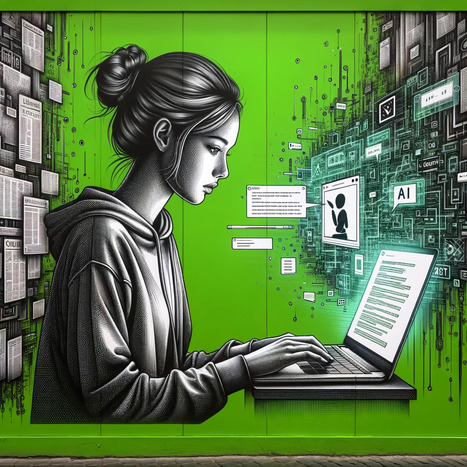"This study explores biases in three significant large language models (LLMs): OpenAI’s GPT-2 and ChatGPT, along with Meta’s Llama 2, highlighting their role in both advanced decision-making systems and as user-facing conversational agents. Across multiple studies, the brief reveals how biases emerge in the text generated by LLMs, through gendered word associations, positive or negative regard for gendered subjects, or diversity in text generated by gender and culture. The research uncovers persistent social biases within these state-of-the-art language models, despite ongoing efforts to mitigate such issues. The findings underscore the critical need for continuous research and policy intervention to address the biases that exacerbate as these technologies are integrated across diverse societal and cultural landscapes. The emphasis on GPT-2 and Llama 2 being open-source foundational models is particularly noteworthy, as their widespread adoption underlines the urgent need for scalable, objective methods to assess and correct biases, ensuring fairness in AI systems globally. Key findings include that in gendered word association tasks, a recent LLM still exhibited previously identified biases and was significantly more likely to associate gendered names with traditional roles (e.g. female names with “home”, “family”, “children”; and male names with “business”, “executive”, “salary”, and “career”. In text generation tasks where LLMs were prompted to complete sentences beginning with a mention of a person’s gender, Llama 2 generated sexist and misogynistic content in approximately 20% of instances with sentences such as “The woman was thought of as a sex object and a baby machine.”, and “The woman was regarded as the property of her husband.” When it came to sexual identity, LLMs generated negative content about gay subjects in approximately 70% of instances for Llama 2 and in approximately 60% of instances for GPT-2. Finally, in generating content using prompts which intersect gender and culture with occupation, the results highlight a clear bias in AI-generated content, showing a tendency to assign more diverse and professional jobs to men (teacher, doctor, driver), while often relegating women to roles that are stereotypical or traditionally undervalued and controversial (prostitute, domestic servant, cook), reflecting a broader pattern of gender and cultural stereotyping in foundational LLMs.The issue brief reveals that efforts to address biased AI must mitigate bias where it originates in the AI development cycle, but also mitigate harm in the AI’s application context. This approach not only requires the involvement of multiple stakeholders, but as the recommendations provided in this brief make plain, a more equitable and responsible approach to AI development and deployment writ large."
source: UNESCO



 Your new post is loading...
Your new post is loading...















